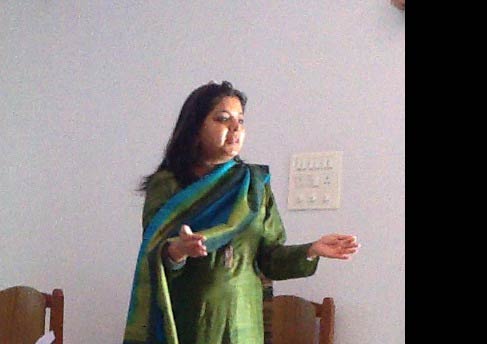Leprosy is still with us in India

Summary :
The need for greater public awareness and financesLeprosy was first identified in Egypt 3,500 years ago. Here in India the government declared leprosy ‘eliminated’ (1 case per 10,000 populations) in 2005. This is NOT the same as ‘eradication’. The consequence has been considerably reduced public awareness and funds for services. Recent surveys show that there are at least 150,000 new cases are being identified each year and millions of people affected in the past live with trauma, stigma and discrimination. NGOs have largely been responsible for the re-awakening of the government. The coming Five-Year-Plan allocates three times the previous Plan’s allocation. However ALL NGOs (and government facilities) who have for years fought the disease and tragic consequences, are short of funds to respond to the continuing challenges.
On Monday (18 Feb 2013) here in Bangalore, a group of concerned individuals representing a range of NGOs came together to consider the idea of a ‘joint’ initiative to re-awaken the public awareness and raise resources to enable NGOs to sustain and expand their prevention, treatment, caring, rehabilitation and lobby work.
A small group of NGOs are already raising public awareness and financial support. The issue under discussion was whether a joint initiative could make a bigger impact without taking from individual NGO initiatives – a bold and possibly unique idea in India.
The meeting had an interesting group of speakers: Bina Shetty (pictured above), the Head of Internal Communications in a company with 50,000 employees in India, spoke how with the help of an NGO, they are engaging employees in support of leprosy work; Loknath Swain who has established a specialist company to provide social media services, who also works with an NGO on leprosy issues, spoke of the power of electronic media; Dola Mohpatra of ChildFund India especially spoke on experiences of collaboration - some good, some not so good!; Noshir Dadrawala of Centre for Advancement (CAP) spoke on legal and governance considerations; my role was to advocate for engagement and communication with individuals, by whatever means!
The need for wider public awareness and more resources was quickly acknowledged by all. Whether a ‘joint’ group can be formed was not so easy to agree about. However a few are determined. Let us see what happens!